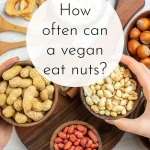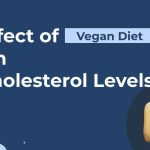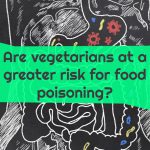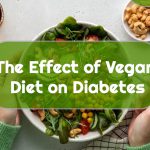Effects of Vegan Diet on the Body: Exploring Benefits and Considerations
Discover the 9 Incredible Effects of a Vegan Diet on Your Health
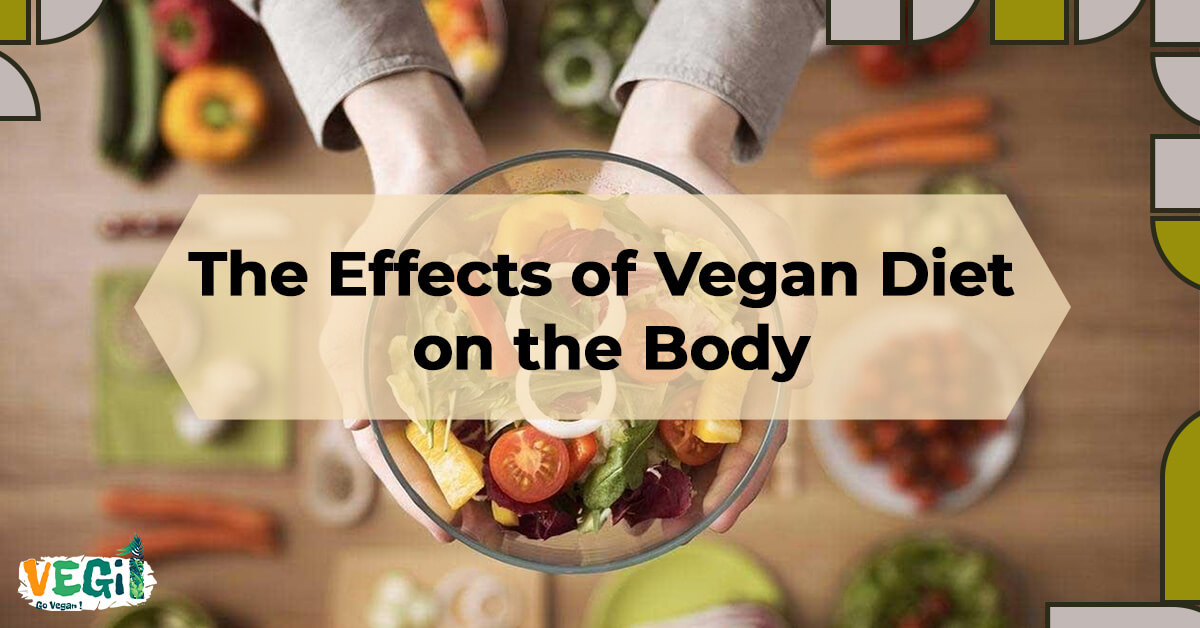
As a passionate vegan, I’ve experienced firsthand the incredible effects a vegan diet can have on the body. From improved brain function to weight management, the benefits are undeniable. In this article, I’ll take you on a journey through how a vegan diet can positively impact your health and well-being.
So, let’s dive in and explore the effects of a vegan diet on the body.
In this article, I will explore why vegan diets benefit us and the planet.
Join me as we discover the advantages of adopting a vegan diet for a healthy body.
In this article you will read:
What is a Vegan Diet?
A vegan diet is a dietary choice that excludes all animal-derived products, including meat, dairy, eggs, and honey. Instead, it focuses on consuming plant-based foods such as fruits, vegetables, whole grains, legumes, nuts, and seeds. By eliminating animal products, vegans not only contribute to the welfare of animals but also experience a myriad of health benefits.
Foods to Emphasize
When following a vegan diet, it’s important to emphasize nutrient-dense plant-based foods. These include:
- Fruits: Packed with vitamins, minerals, and antioxidants, fruits should be a staple in any vegan diet.
- Vegetables: Loaded with fiber, vitamins, and minerals, vegetables provide essential nutrients for overall health.
- Whole Grains: Quinoa, brown rice, oats, and whole wheat products are excellent sources of fiber and energy.
- Legumes: Beans, lentils, chickpeas, and tofu are rich in protein, iron, and other essential nutrients.
- Nuts and Seeds: Almonds, walnuts, chia seeds, and flaxseeds are great sources of healthy fats, protein, and micronutrients.
9 Amazing Health Benefits of a Vegan Diet
Now that we have a basic understanding of the vegan diet let’s explore its specific effects on the body.
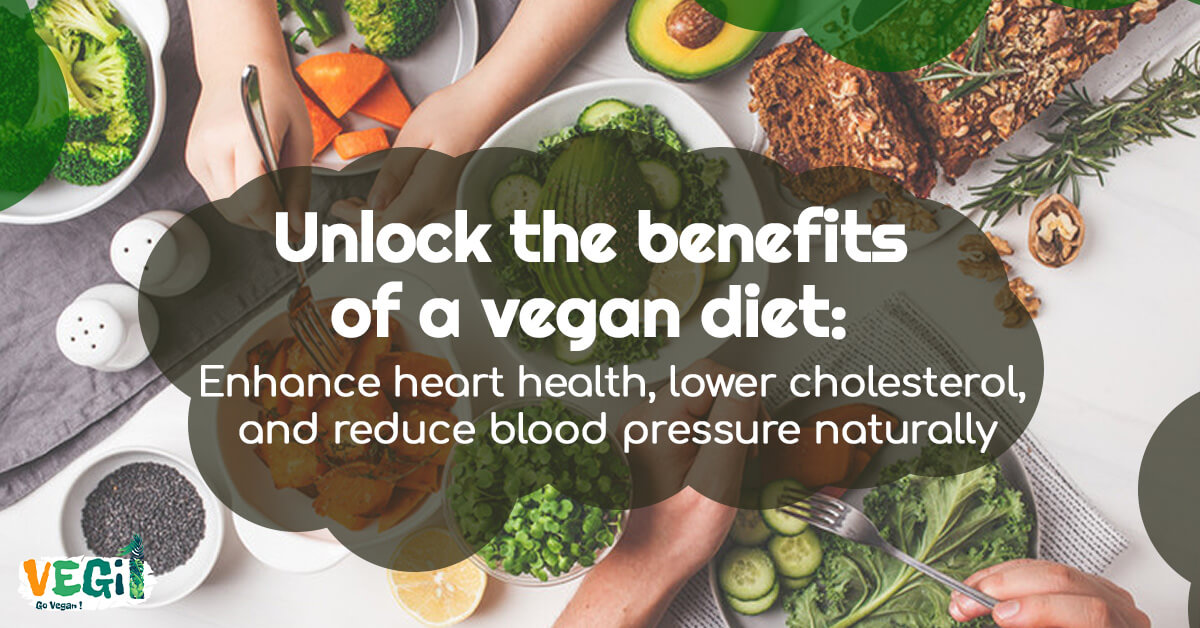
 Enhanced Heart Health
Enhanced Heart Health
One of the most well-known benefits of a vegan diet is its positive impact on heart health. By eliminating animal products, a vegan diet naturally reduces the intake of saturated fats and cholesterol, both of which are linked to heart disease.
Lowering Cholesterol
The high fiber content of vegan-based foods helps to lower cholesterol levels. Soluble fiber, found in foods like oats, beans, and fruits, binds to cholesterol in the digestive system, preventing its absorption into the bloodstream. This, in turn, leads to lower LDL (bad) cholesterol levels and a reduced risk of heart disease.
Reducing Blood Pressure
A vegan diet’s emphasis on whole, plant-based foods naturally low in sodium can help lower blood pressure. Additionally, the abundance of potassium-rich foods such as bananas, avocados, and leafy greens further regulates blood pressure.
Effect of Vegan Diet on Blood Pressure
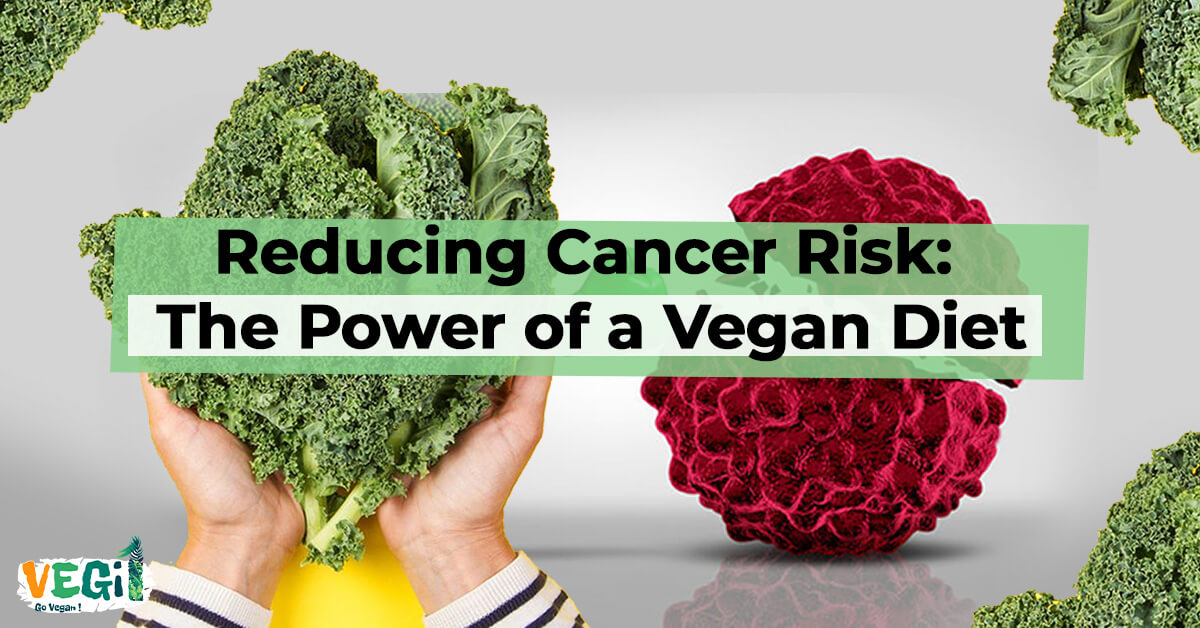
 Reduced Risk of Cancer
Reduced Risk of Cancer
Another benefit of a vegan-based diet is its potential to reduce the risk of certain types of cancer. Vegan-based foods are rich in nutrients, including vitamins, minerals, and phytochemicals, that have been shown to have cancer-fighting properties.
Nutrients that Fight Cancer
Vegan-based foods contain various nutrients that play a role in cancer prevention. For example, vitamin C, found in citrus fruits and berries, acts as an antioxidant, protecting cells from damage caused by free radicals.
Additionally, vitamin E, present in nuts and seeds, may help prevent the development of certain types of cancer.
Cruciferous Vegetables and Cancer Prevention
Cruciferous vegetables, such as broccoli, cauliflower, and kale, contain glucosinolates. When broken down during digestion, glucosinolates produce substances shown to have anti-cancer effects. Regular consumption of these vegetables has been linked to a reduced risk of cancers, including lung, colorectal, and breast cancer.

 Weight Management
Weight Management
Maintaining a healthy weight is crucial for overall well-being, and a vegan diet can be a valuable tool in achieving weight management goals. Vegan-based foods are typically lower in calories and higher in fiber compared to animal products, making them more filling and satisfying.
Low-Calorie, High-Fiber Foods
Many vegan-based foods, such as fruits, vegetables, and whole grains, have a low-calorie density, meaning they provide fewer calories per gram. This allows you to eat larger portions without consuming excessive calories, helping to create a calorie deficit for weight loss.
Promoting Feelings of Fullness
The high fiber content of vegan-based foods promotes feelings of fullness and satiety, reducing the likelihood of overeating. Fiber slows down the digestion process, keeping you feeling satisfied for longer periods and reducing the frequency of snacking.
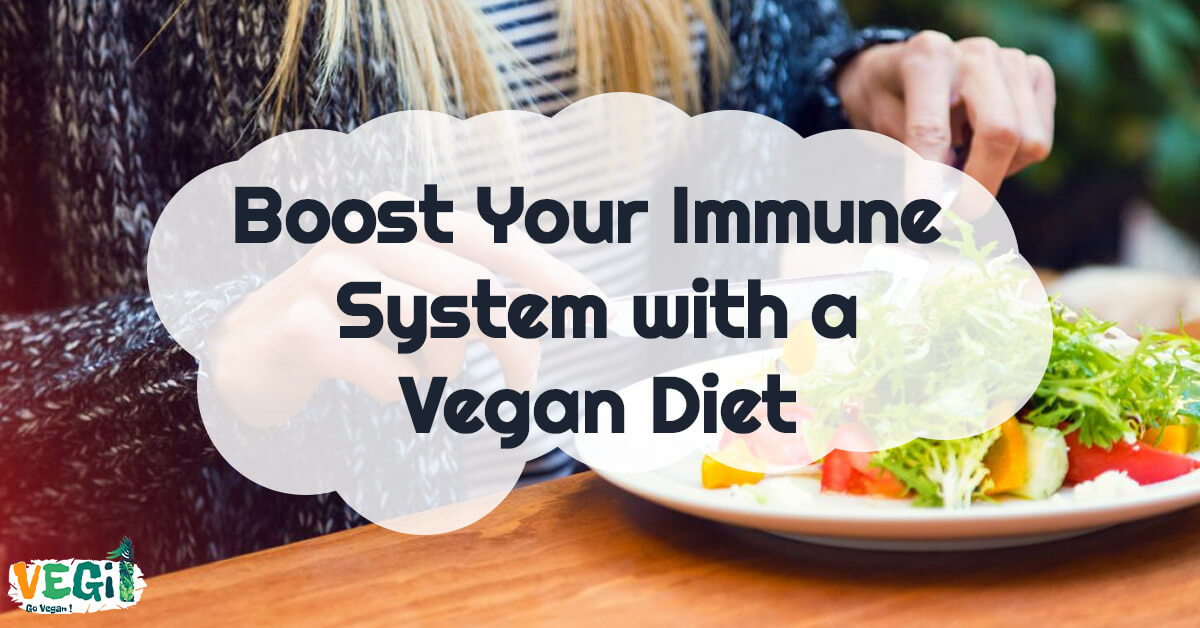
 Strengthened Immune System
Strengthened Immune System
A strong immune system is essential for fighting off infections and preventing chronic diseases. Consuming vegan foods can provide the necessary nutrients and antioxidants to support optimal immune function.
Nutrients for Immune Function
Vegan-based foods are rich in vitamins A, C, and E, as well as zinc and selenium, all of which play vital roles in maintaining a robust immune system. These nutrients help support the production and activity of immune cells, protecting against harmful pathogens and reducing the risk of infections.
Antioxidants and Inflammation Reduction
Antioxidants, found abundantly in fruits, vegetables, and nuts, help reduce inflammation in the body. Chronic inflammation can weaken the immune system and contribute to the development of various diseases. By consuming a vegan diet rich in antioxidants, you can support your immune system and reduce the risk of chronic inflammation.
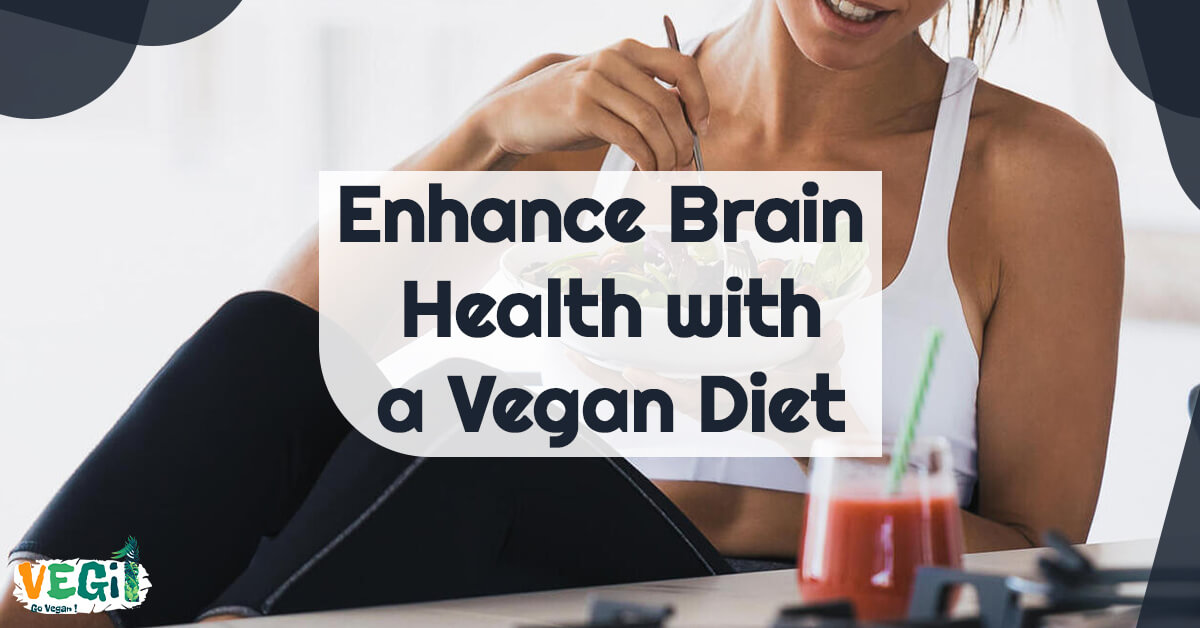
 Improved Brain Health
Improved Brain Health
A vegan diet not only benefits the body but also has positive effects on brain health. The nutrients found in vegan-based foods can support cognitive function, protect against age-related decline, and enhance overall brain health.
Cognitive Function and Aging
Several studies have suggested that a diet rich in vegan-based foods may help maintain cognitive function and reduce the risk of age-related diseases such as Alzheimer’s. Antioxidants and other nutrients in these foods help protect against oxidative stress and inflammation, which can contribute to cognitive decline.
Antioxidants and Protection Against Cognitive Decline
The antioxidants found in vegan-based foods, such as berries and leafy greens, help protect brain cells from damage caused by free radicals. Furthermore, omega-3 fatty acids, abundant in foods like chia seeds and walnuts, have been linked to improved brain function and a reduced risk of cognitive decline.
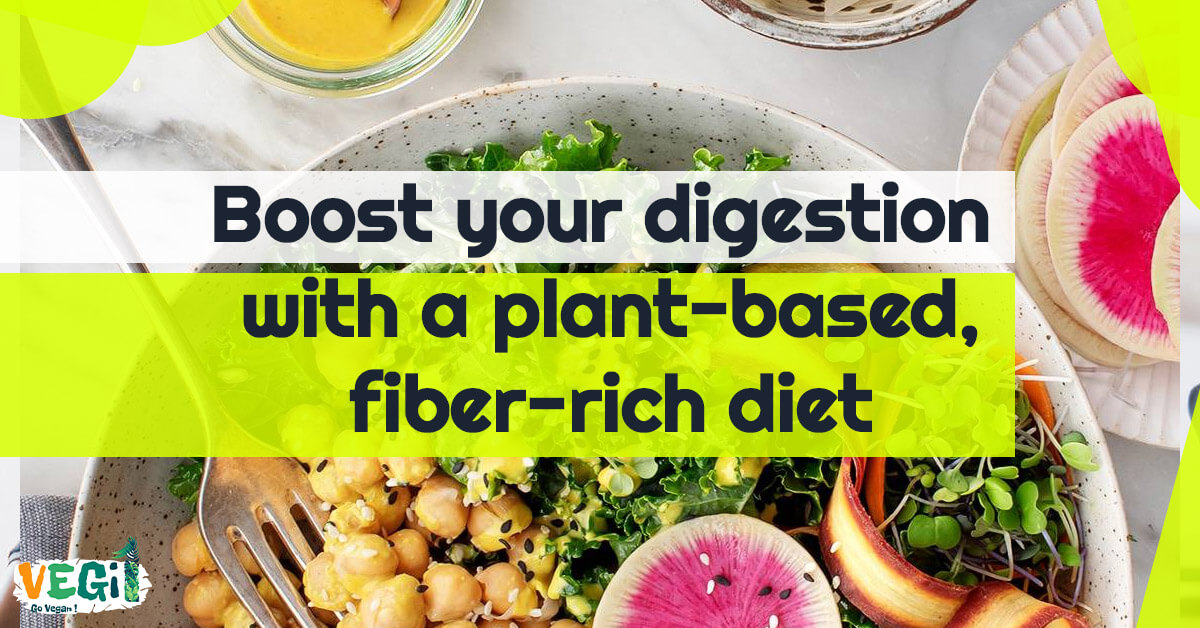
 Better Digestion
Better Digestion
Vegan foods are naturally high in fiber, which is crucial in supporting healthy digestion.
By incorporating these foods into your diet, you can improve gut health and prevent digestive issues such as constipation.
High Fiber Content
Fiber adds bulk to the stool, promoting regular bowel movements and preventing constipation. It also acts as a prebiotic, providing nourishment for beneficial gut bacteria, which supports a healthy digestive system.
Improved Gut Health
The abundance of fiber in vegan-based foods helps create a thriving environment for beneficial gut bacteria. These bacteria produce short-chain fatty acids, which provide energy for the cells lining the colon and contribute to a healthy gut microbiome. A balanced gut microbiome is essential for overall digestion and nutrient absorption.
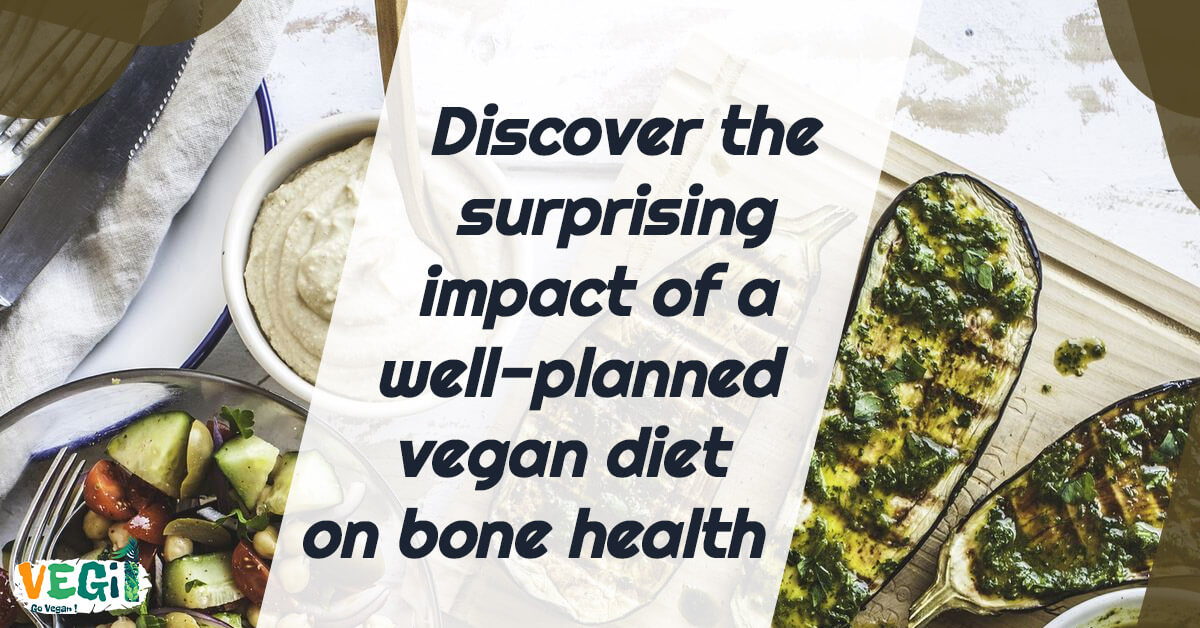
 Promotion of Healthy Bones
Promotion of Healthy Bones
Contrary to popular belief, a well-planned vegan diet can provide all the necessary nutrients for maintaining healthy bones and preventing conditions like osteoporosis.
Plant-Based Sources of Calcium
Calcium, essential for strong bones and teeth, is often associated with dairy products. However, several plant-based foods are excellent sources of calcium, including leafy greens like kale and collard greens, fortified plant-based milks, and calcium-set tofu. Regularly consuming these foods can meet your calcium needs without relying on animal-derived sources.
Preventing Osteoporosis
When properly planned, a vegan diet can provide adequate amounts of calcium, vitamin D, and other bone-healthy nutrients. Regular exercise, especially weight-bearing activities, further supports bone health. By combining a vegan diet with physical activity, you can significantly reduce the risk of osteoporosis.
- The Impact of Raw Vegan Foods on Bone Density and Osteoporosis Prevention
- Discover the Best Vegan Sources of Calcium for Strong Bones
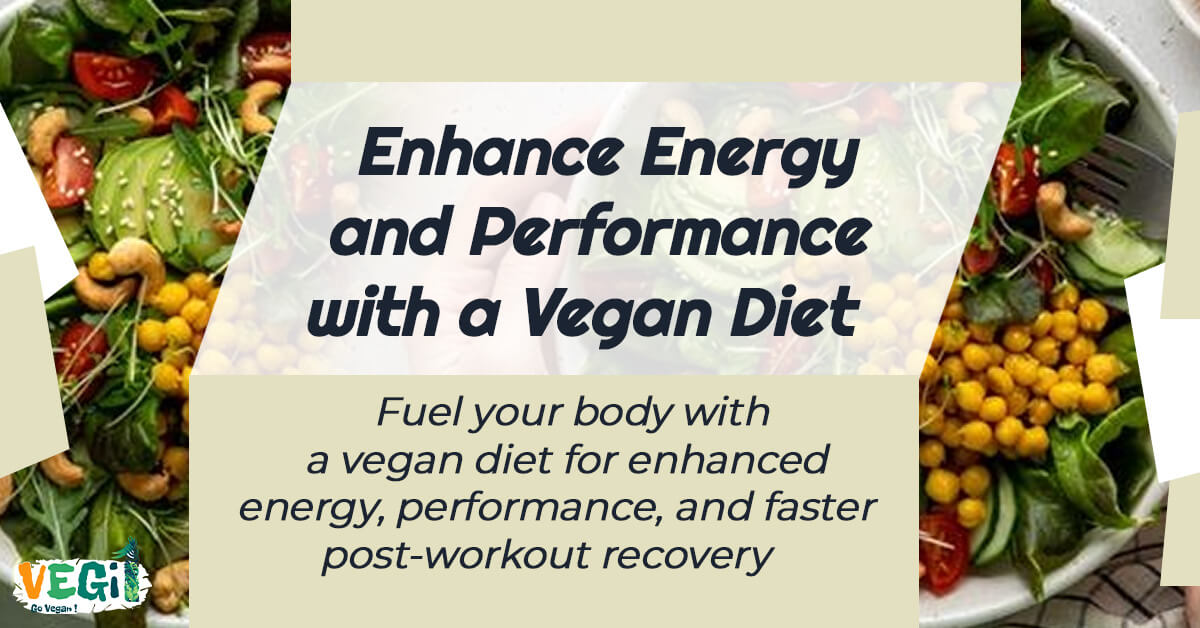
 Positive Effects on Energy Levels and Athletic Performance
Positive Effects on Energy Levels and Athletic Performance
A vegan diet can profoundly impact energy levels and athletic performance, making it an attractive choice for individuals seeking to excel in physical activities.
Increased Stamina and Endurance
The plant-based foods that comprise a vegan diet are rich in complex carbohydrates, which provide sustained energy for workouts. Additionally, these foods are generally lower in fat and higher in fiber, making them easier to digest and preventing discomfort during exercise. Improved stamina and endurance can enhance overall athletic performance.
Quicker Post-Exercise Recovery
Vegan-based foods are packed with antioxidants, which help reduce inflammation and oxidative stress caused by physical activity. This, in turn, speeds up post-exercise recovery and reduces muscle soreness. By consuming a vegan diet, athletes can optimize their recovery and minimize downtime between training sessions.
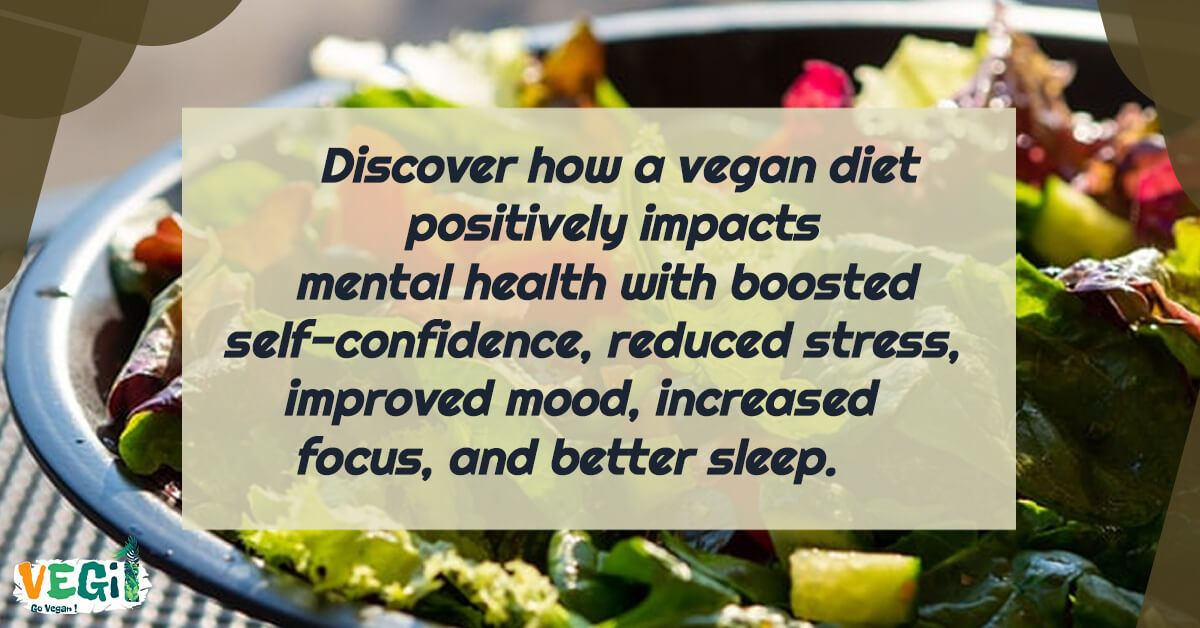
 Mental and Emotional Well-being
Mental and Emotional Well-being
In addition to physical health benefits, a vegan diet can positively impact mental and emotional well-being. The nutrients found in vegan-based foods can contribute to increased self-confidence, reduced stress levels, improved mood, increased focus, and better sleep.
Boosting Self-Confidence
Adopting a vegan diet and experiencing the positive changes it brings, such as weight loss and improved physical health, can boost self-confidence and self-esteem. Feeling good about your appearance and overall well-being can profoundly impact mental health.
Reducing Stress and Improving Mood
Vegan-based foods are rich in nutrients that can help reduce stress levels. Magnesium, found in foods like dark chocolate and leafy greens, has been shown to have calming effects and reduce anxiety. Additionally, omega-3 fatty acids, abundant in foods like flaxseeds and hemp seeds, have been linked to improved mood and reduced symptoms of depression.
Increased Focus
The antioxidants in vegan foods like blueberries and spinach can improve brain function and increase focus. By consuming these foods regularly, you can enhance your cognitive abilities, leading to increased productivity and mental clarity.
Improved Sleep
Vegan-based foods contain nutrients that promote relaxation and restful sleep. Magnesium, found in foods like pumpkin seeds and bananas, helps regulate sleep patterns, while tryptophan, present in foods like tofu and chickpeas, aids in producing serotonin. This hormone regulates sleep and mood.
To maximize the mental and emotional benefits of a vegan diet, choosing a diverse range of vegan foods and maintaining a balanced diet that provides all the necessary nutrients is important.
The Impact of a Raw Vegan Diet on Mental Clarity & Focus
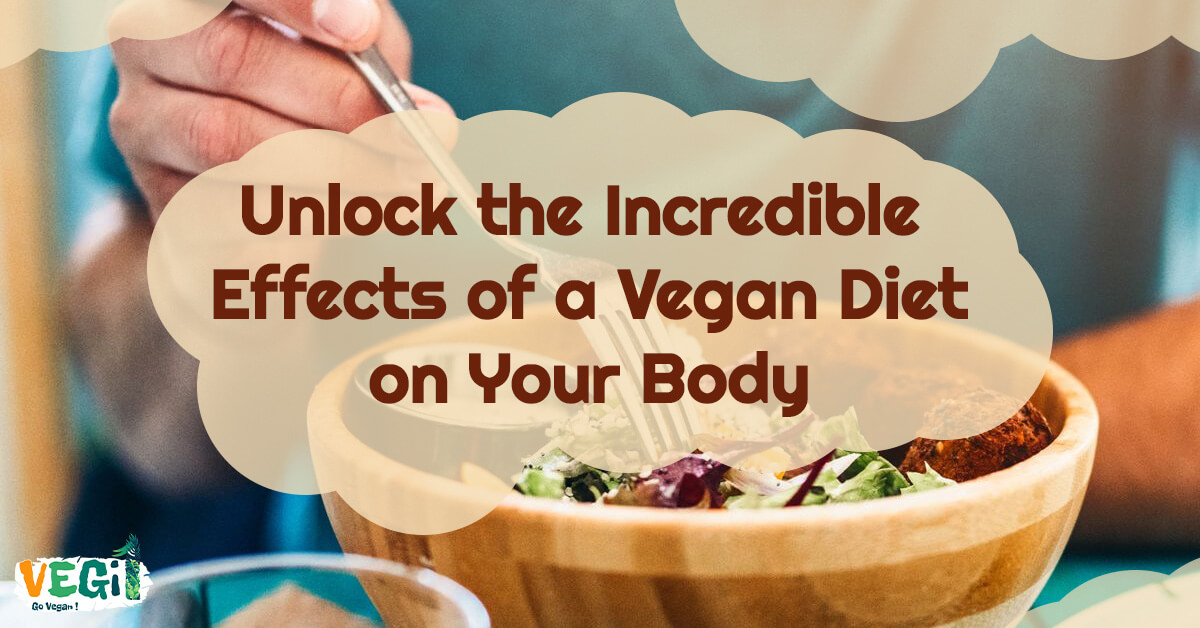
In conclusion,
A vegan diet has many positive effects on the body, including improved heart health, reduced cancer risk, a strengthened immune system, and enhanced brain health. Additionally, it promotes better digestion, healthy bones, increased energy levels, and better athletic performance. Not only does a vegan diet benefit physical health, but it also positively impacts mental and emotional well-being.
Furthermore, studies have shown that the effect of a vegan diet on the body can lead to weight loss, improved digestion, and reduced inflammation.
Additionally, a Vegan diet can contribute to environmental sustainability by reducing greenhouse gas emissions.
By incorporating more plant-based foods into your diet and embracing a vegan lifestyle, you can experience these incredible benefits and contribute to a healthier planet.
So, why not give it a try? Share your experiences and thoughts in the comments below and join the growing community of individuals reaping the rewards of a vegan diet. Together, we can create a healthier future for ourselves and future generations.


